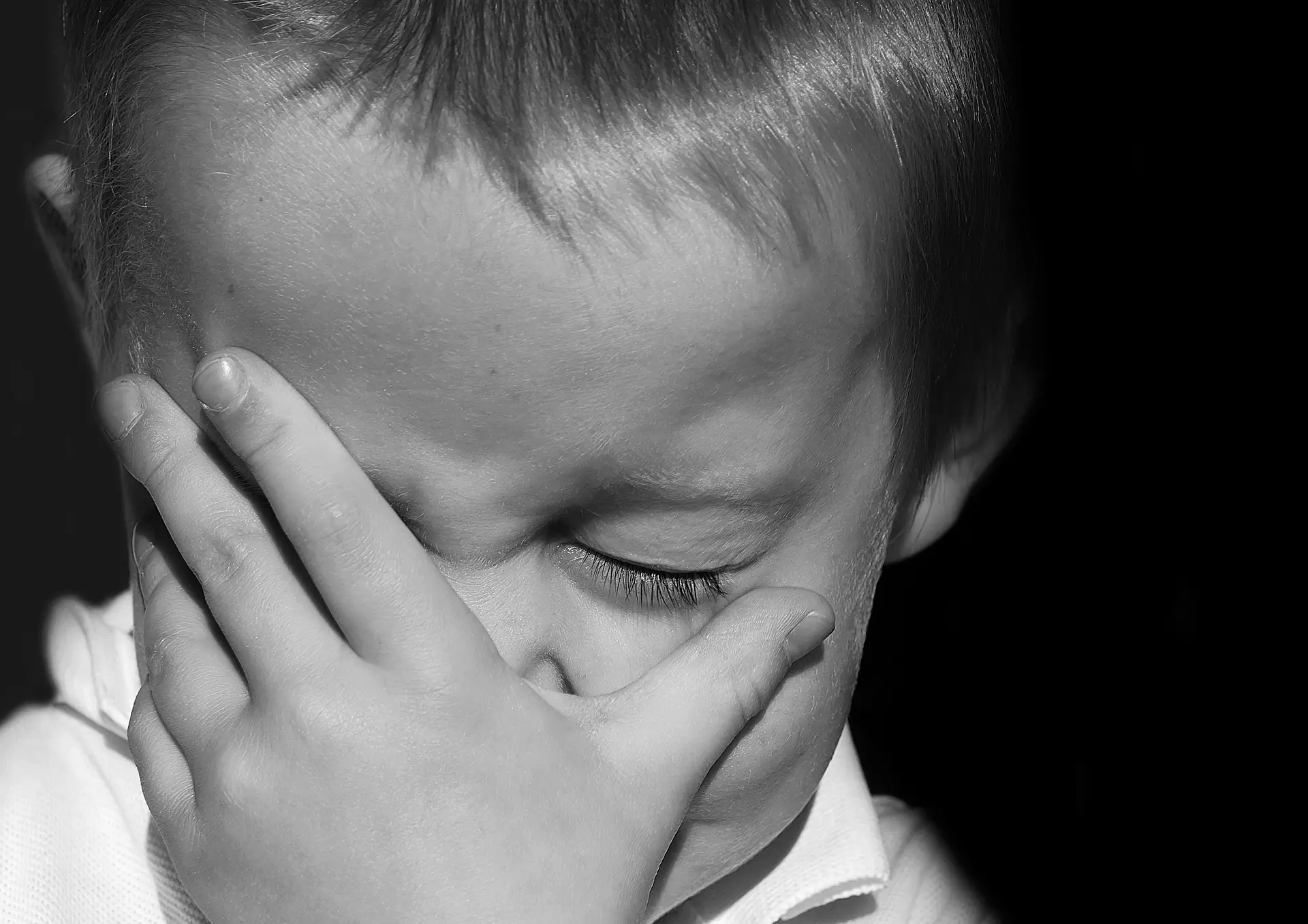Children love to repeat everything we say. It can be cute and endearing at first, but as they get older and more verbal, this habit can become more challenging—sometimes annoying and frustrating. Remember that TV show Kids Say the Darndest Things? They do indeed. How many times has your child repeated back what you said in a whiny voice when you’ve told them, “No?” You know they are only a child, but it can drive you up the wall if they do it all day long, right? Don’t feel ashamed. It’s okay to admit it if you do. You’ve found a safe place. It gets to all of us at some point. Or another precious moment is when your child repeats back the answer we gave them on the phone when we were trying to discreetly tell where we were going. Still, we love our little darlings unconditionally.
While having your child “parrot” your words to them is natural at certain stages of development, children who echo back what you or another speaking partner says could be a pattern of communication known as echolalia. As an example, a kid may respond to a parent’s question, “Do you want milk?” with “you want milk?” rather than “Yes, I want milk.” Parents and caregivers are often baffled by their children’s odd conduct, asking what they can do about it. All in all, we want our new communicators to come up with original, thought-provoking ideas. However, persuading them to do so can sometimes be a difficult task.

What Does it Mean When Your Child Repeats What You Say?
One reason for echoing could be because their brain is still learning how to talk, and it’s trying to process too much information at once. You may need to give your child specific instructions or repeat yourself more slowly until they finally understand what you are saying.
When your child repeats you, it may be an indication of language development issues. There are a variety of symptoms that parents should look for when their children repeat what they say, but the most significant sign is if your child starts to mimic words or phrases in different ways. If you’re worried that your child might be having language issues, talk to their doctor about it. Chances are they can get a hearing test and rule out any other potential issues.
When your child repeats everything, it can also indicate that they are not paying attention or that you are repeating yourself too often. It’s normal for young children to repeat everything their parents say, but this could be a sign of something else. For example, suppose your child is repeating everything you speak, and they’re not struggling with language development issues. In that case, it might be a sign of something else like hearing loss, ADHD, autism, or another condition.
What Is Echolalia?
Echolalia is verbal behavior that repeats words or phrases back to an individual. It can be challenging for children who have autism spectrum disorder because it’s one of the most common repetitive behaviors associated with this condition. Your child may repeat your words, even if they weren’t listening to them at all and there was no meaning behind their words in the first place.
You might be wondering when your child is echoing or parroting the things you say if they understand what you’re saying. The answer to that question is not always clear-cut, because sometimes when a child with autism does this, they are not doing it to deliberately annoy you—no matter what you might be thinking at the time.
Does Echolalia Always Mean Autism?
The signs of echolalia are entirely dependent on the context, and it is often hard to discern if a child has autism or not. When applied as such, they do not always equate with children who have autism. It can be used to describe a wide range of behaviors.
Although echolalia may be a symptom of autism, it is also normal for children to repeat everything they hear in the early stages of development. Echolalia can be seen in many different ways and doesn’t always mean the child has an issue with language development. It’s important not to overgeneralize, though. There are many other causes of echolalia, such as language delays or auditory processing problems.
Some children don’t speak unless they are quoting a movie script or tv show that they have heard before, leading to echolalia. It’s important not to make assumptions about your child and instead ask them what is going on with their behavior.
When Should Echolalia Stop?
When a person with echolalia starts speaking in their own words, this is called “echolingual” speech. When your child reaches this stage, then usually echolalia ends. At three years old, children should start speaking in simple sentences with their own words. At that stage, they are not echolalic if they repeat everything you say, because it signifies cognitive development and language skills.
Later, as their language abilities improve, kids begin to invent new words and phrases, and you’ll see a decrease in the usage of echoic or repetitive speech. Some kids, on the other hand, never get beyond the echolalia stage. Some youngsters will repeat what others have said, never coming up with original ideas or phrases of their own. Atypical echolalia, such as this one, may point to a child having difficulty learning to use language.
Treatment for Echolalia

Some children develop an echolalia habit that is difficult to break, which can be due to the child’s social anxiety or because of a language delay. However, it can stem from one-sided conversations with adults who speak too slowly for them. The best way to handle this situation is by trying different approaches and using distraction techniques like music. If your child repeats everything you say, ask if they would like more interesting conversation topics or try talking about things in their world (e.g., what the child wants to do).
The treatment for echolalia focuses on teaching the child how to communicate with people in a meaningful way. If echolalia persists, then a therapist can work closely with your child and help them understand what is happening around them and why they must speak up about their thoughts or feelings. This process can take time but has proven effective when used consistently over an extended period.
Conclusion
Depending on your little angel’s age, there isn’t a need to worry about their repeating what you say. But if you have concerns that there may be something wrong with them, developmentally, contact a doctor. If your child doesn’t begin using their own words and phrases after expected milestones in their growth, reach out to a professional and have tests done to zero in on any issues that may need addressing.





